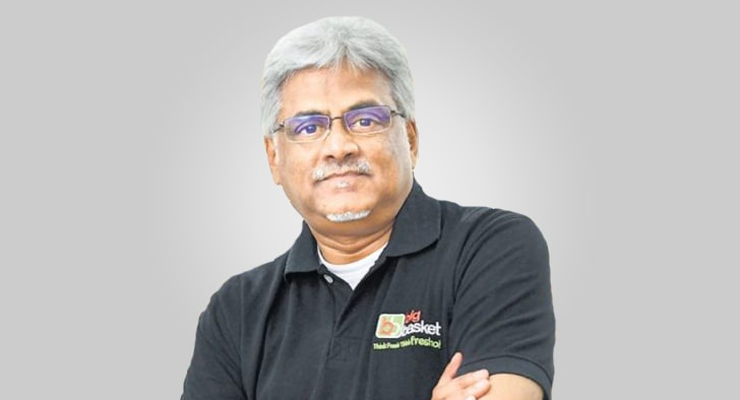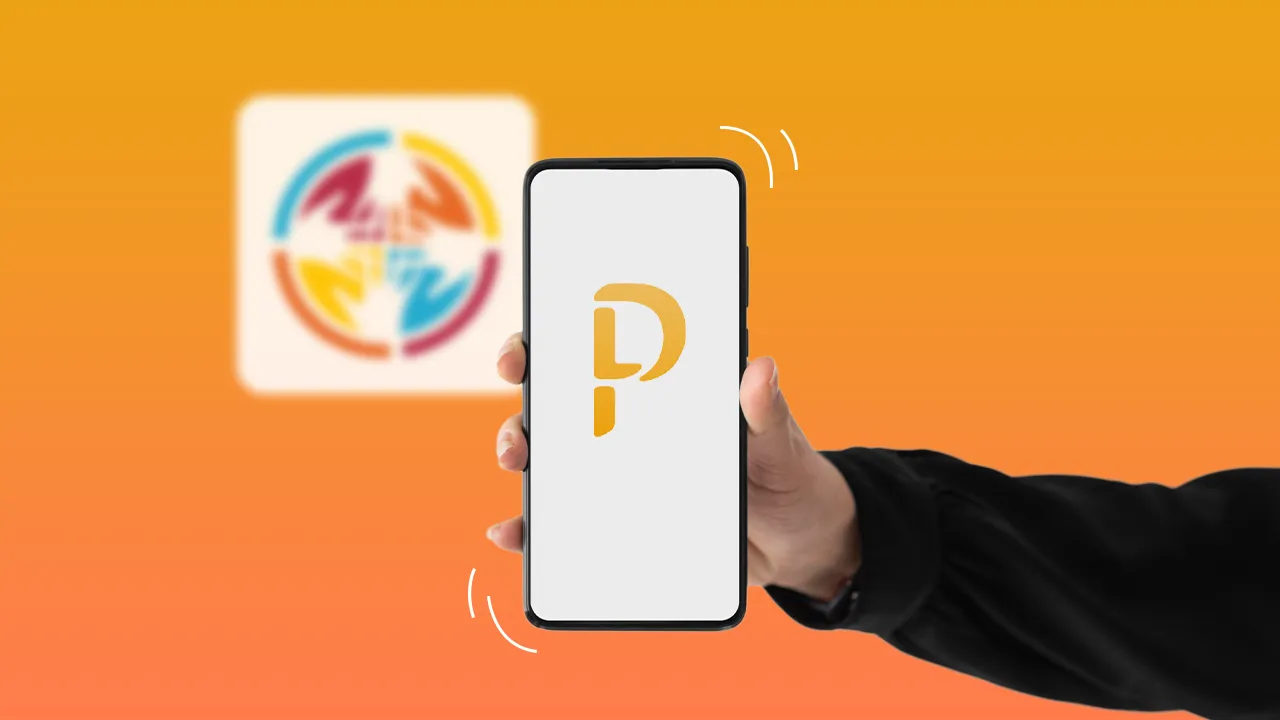BigBasket Embraces Quick Commerce, Set to Challenge Blinkit, Zepto, and Swiggy in Rapid Delivery Space
- ByStartupStory | August 27, 2024

Tata-owned BigBasket, India’s largest e-grocery platform, is making a strategic shift to embrace the booming quick commerce model, positioning itself to compete with major players like Blinkit, Zepto, and Swiggy Instamart. This move marks a significant departure from BigBasket’s traditional slotted delivery model, as the company responds to the growing demand for rapid deliveries, reported The Economic Times.
Founded in 2011, BigBasket has evolved through various iterations in the grocery delivery business. However, the company is now gearing up for a complete pivot to quick commerce, with its BB Now vertical taking center stage. According to co-founders Hari Menon and Vipul Parekh, BB Now, which currently accounts for over 50% of BigBasket’s sales, will soon become the platform’s sole focus. This transition is expected to be fully implemented within the next few weeks.
BigBasket’s Focus on Quick Commerce
BB Now has been operational for around two and a half years, but it is only in the past year that BigBasket has significantly intensified its focus on the quick commerce segment. This shift aligns with the broader market trend, as capital inflows into competitors like Zomato-owned Blinkit, Zepto, and Swiggy Instamart drive the demand for rapid delivery services.
Starting next month, BigBasket aims to generate $1 billion of its projected $1.5 billion in sales for this financial year through BB Now’s quick commerce services, sources told The Economic Times. The company has been experimenting with reduced delivery times, initially offering two-hour delivery slots under its Supersaver service, with plans to further reduce this to one hour. With the full transition to quick commerce, BigBasket is focused on retaining and expanding its user base by offering faster delivery options.
Expanding Dark Store Network
To support this shift, BigBasket plans to deploy 500-600 dark stores nationwide, which will operate in conjunction with its large warehouses. Currently, the company has between 56 and 60 warehouses across India that store a wide range of stock-keeping units (SKUs), including high-value items like large appliances.
BigBasket’s strategy involves linking clusters of dark stores with these warehouses to streamline the delivery of both popular grocery items and non-grocery products. While quick commerce has predominantly been a metro-city phenomenon, BigBasket’s founders acknowledge that its success beyond India’s top cities is still uncertain.
Facing Profitability Hurdles
Expanding the range of products available for quick delivery presents significant challenges, particularly in terms of profitability. However, as Parekh noted, “The lines between e-commerce and quick commerce are rapidly converging, with capital infusions leading to price reductions across various categories.”
Competitors like Zepto, which recently secured $1 billion in funding, are also expanding their SKU range to meet growing demand, particularly during the festive season. BB Now, which currently offers 10,000 SKUs, plans to increase this number to between 25,000 and 30,000 in the near future.
Despite the rapid growth of quick commerce, challenges remain, particularly in profitability. Industry insiders recognize that the momentum behind quick commerce is too significant to ignore, as more consumers embrace faster delivery options.
Flipkart Joins the Quick Commerce Race
Meanwhile, Flipkart, a recent entrant into the quick commerce space, is expanding its ‘Minutes’ service to key cities like New Delhi and Mumbai, following its initial launch in Bengaluru. Flipkart’s quick commerce offerings include a broader range of products typically found on traditional e-commerce platforms, such as smartphones and laptops.








